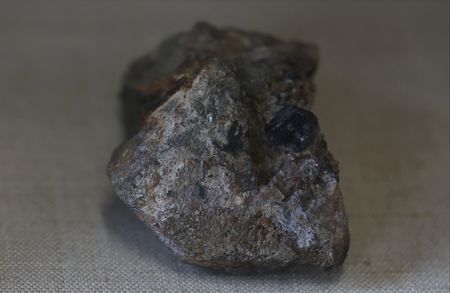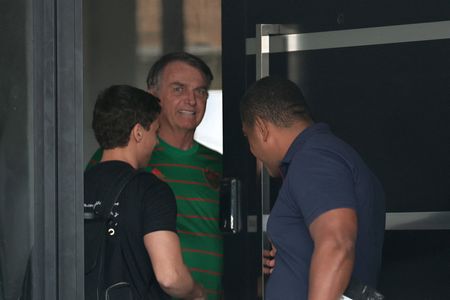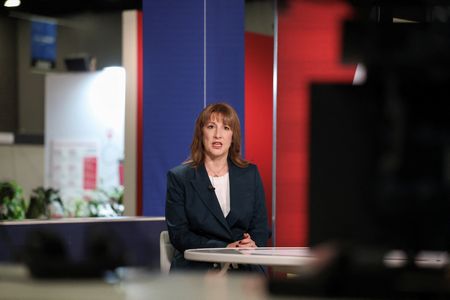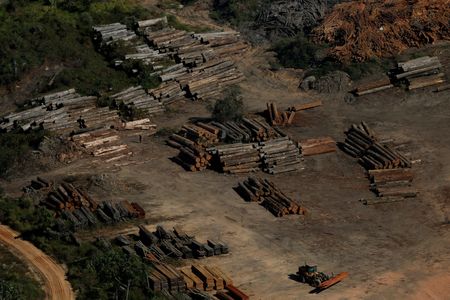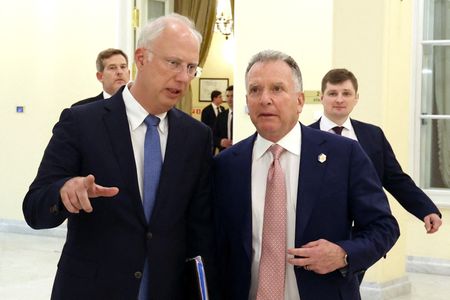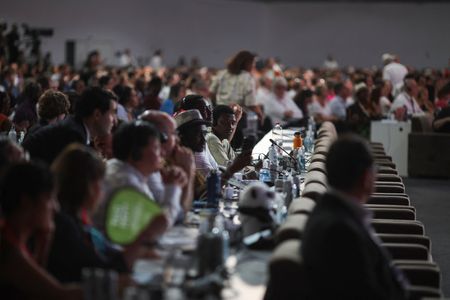By Mrinmay Dey
(Reuters) -Britain on Saturday rolled out a critical minerals strategy designed to reduce dependence on foreign suppliers by 2035, with targets to source 10% of domestic demand from UK production and 20% from recycling, the government said, as global competition for these essential resources intensifies.
Backed by up to 50 million pounds in new funding, the strategy seeks to ensure no more than 60% of the UK’s supply of any one critical mineral comes from a single country by 2035, according to a statement.
British Prime Minister Keir Starmer said in the statement critical minerals “are the backbone of modern life and our national security,” arguing that boosting domestic production and recycling would help shield the economy and support efforts to lower living costs.
The government said the UK currently produces 6% of its critical mineral needs domestically. Under the plan, it wants to expand domestic extraction and processing, with a particular focus on lithium, nickel, tungsten and rare earths. It aims to produce at least 50,000 tonnes of lithium in the UK by 2035.
Britain faces an urgent need for a secure, long-term supply of critical minerals, including copper, lithium and nickel, which are essential for smartphones and electric vehicles and increasingly crucial for building data centers that power artificial intelligence.
British demand for essential materials is climbing sharply, with copper consumption projected to nearly double and lithium demand expected to surge by 1,100% by 2035, Britain’s government said.
The strategy underscores China’s grip on critical mineral supplies, leaving the sector exposed to price swings, geopolitical strains and sudden disruptions. Britain noted China accounts for about 70% of rare earth mining and 90% of refining, a dominance that puts countries such as the UK at risk.
Earlier this year, Britain struck a minerals cooperation deal with Saudi Arabia aimed at bolstering supply chains, opening doors for British firms, and drawing fresh investment into the UK.
(Reporting by Mrinmay Dey in Bengaluru; Editing by Chris Reese)

